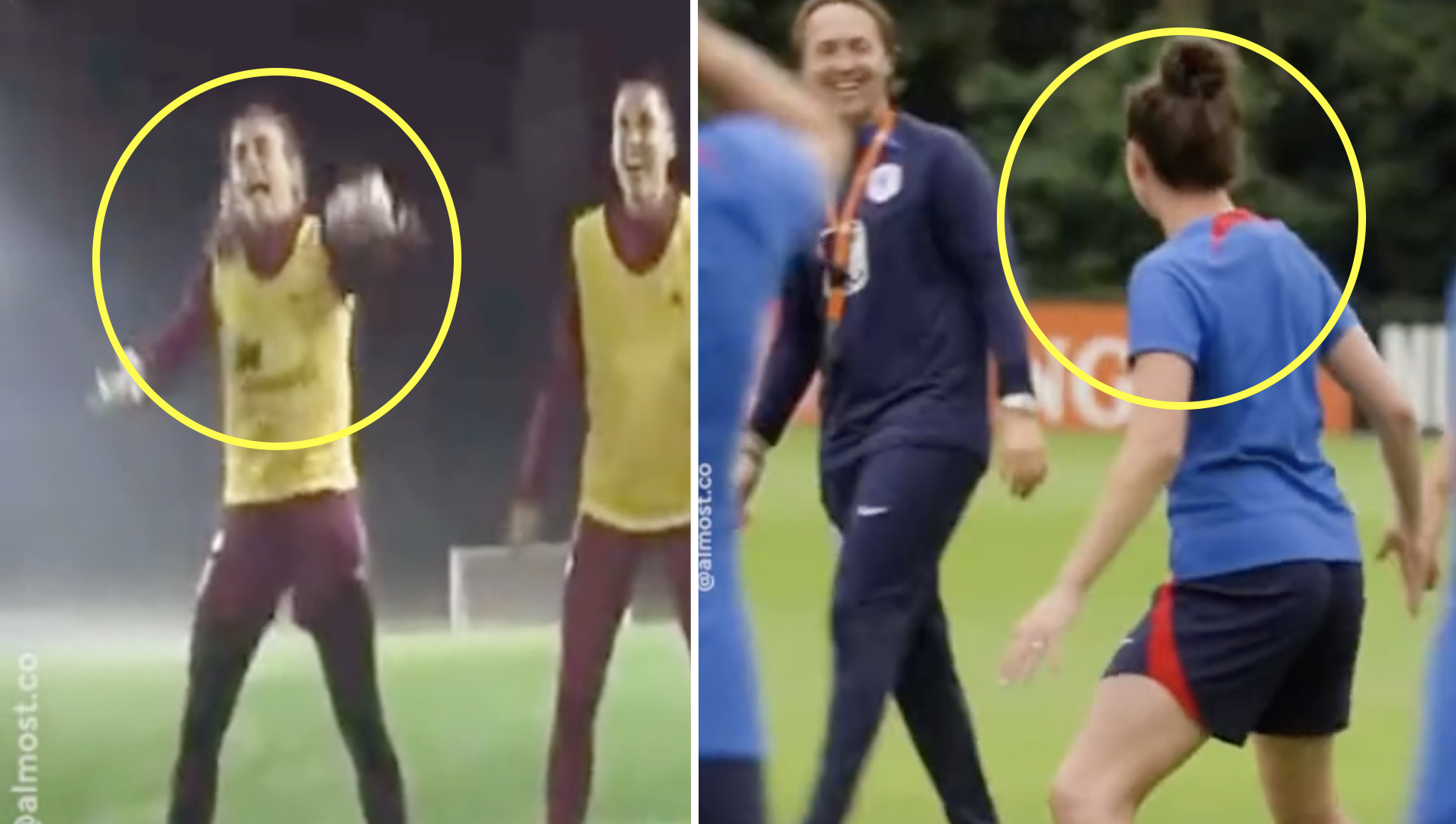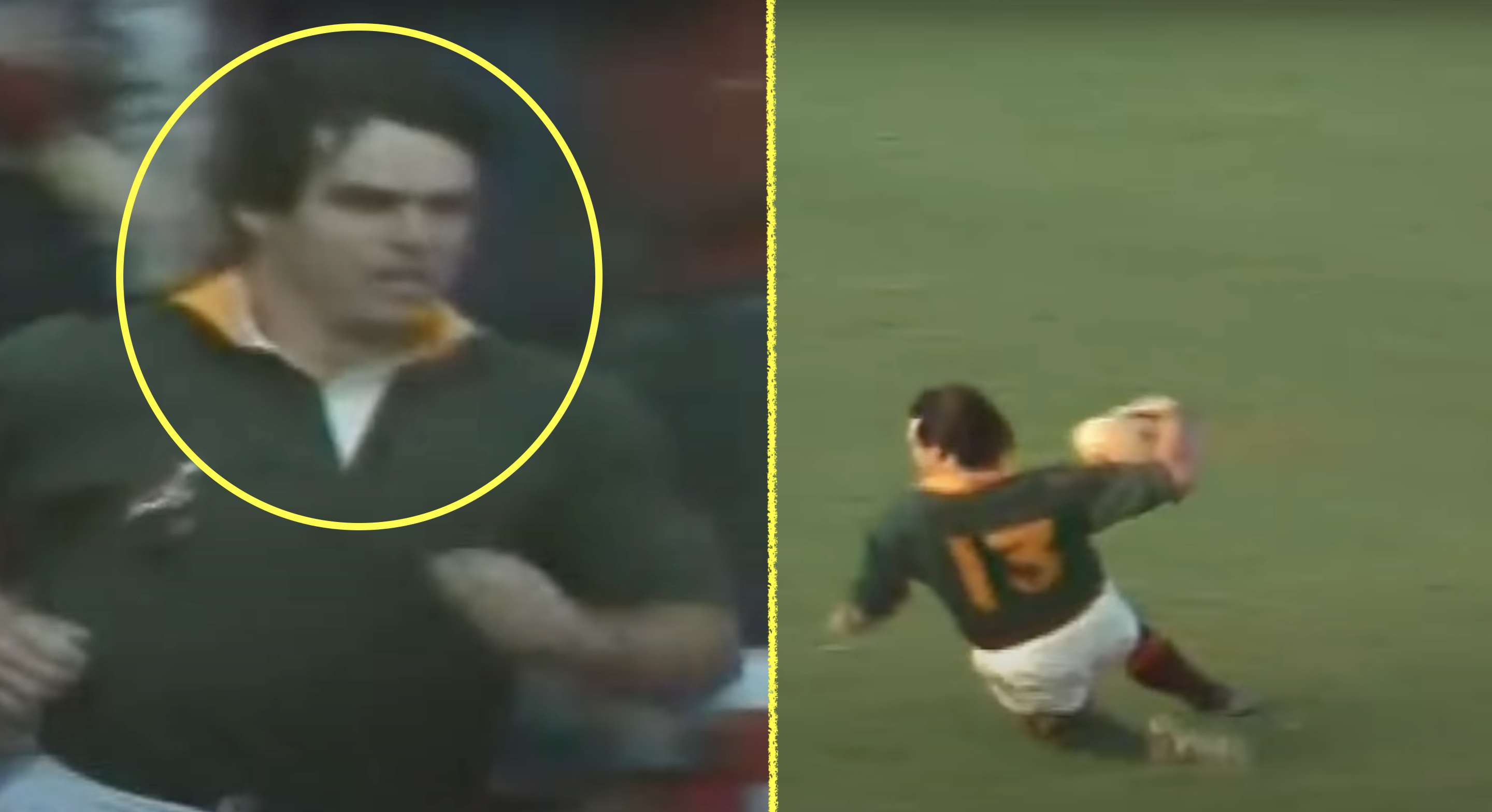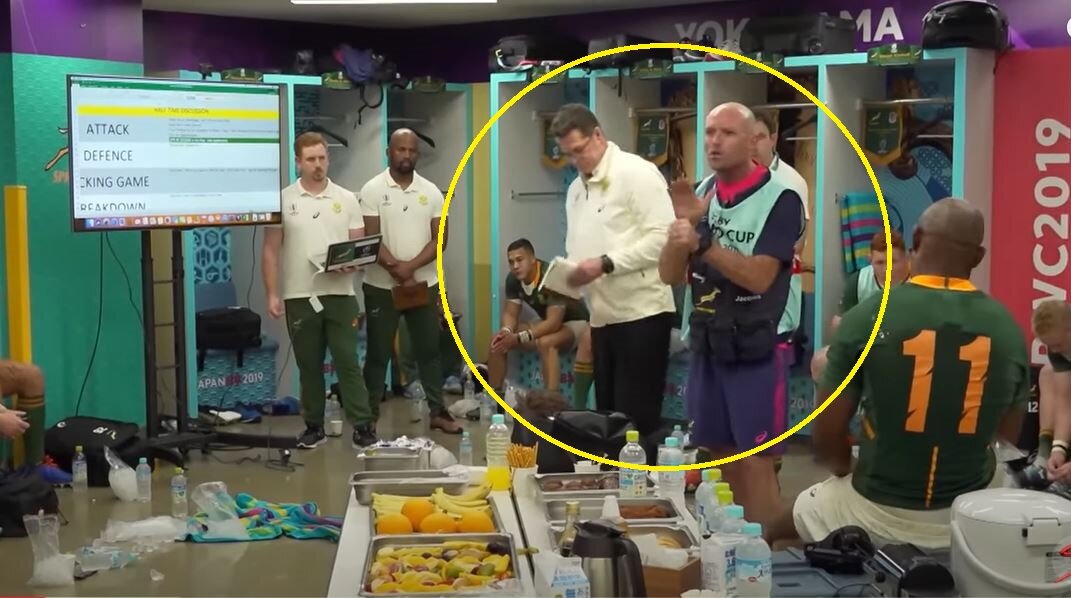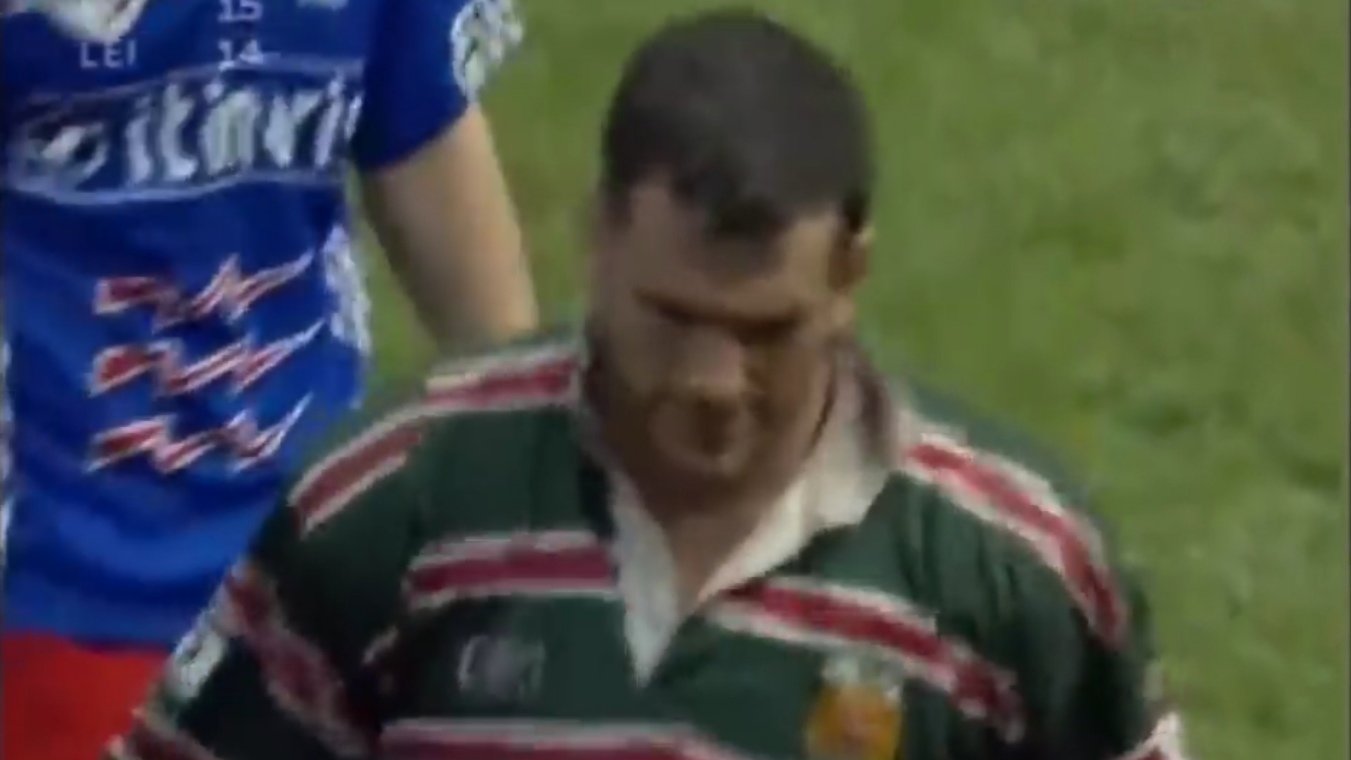
Disgusting women’s soccer attack on All Blacks’ Haka condemned
The women’s soccer teams from Spain and the Netherlands have come under fire this week for their disgraceful mockery of the Haka.
A TikTok video of both sides performing mock Hakas has surfaced, whereby it outlines that both sides have been condemned for their behaviour. It is not clear when the videos were taken, but they have surfaced during the FIFA Women’s World Cup which is currently taking place in Australia and New Zealand.
Take a look at the video:
@almost.co Spain and the Netherlands’ women’s football teams have sparked outrage after they shared videos of their players mocking New Zealand’s haka, a traditional Indigenous Māori dance ahead of the Women’s World Cup. #women #athlete #sports #football #soccer #womensworldcup #racism #discrimination #haka #dance #indigenous #maori #newzealand #nz #spain #netherlands #fyp #edutok #learnontiktok #tiktoknews ♬ original sound – Almost
The Haka is a powerful expression of Maori culture, featuring rhythmic chanting, fierce facial expressions, and intricate body movements. It symbolises strength, unity, and a connection to ancestral spirits. The All Blacks integrated it in the early 20th century, creating a globally recognised and respected tradition.
Disrespecting the Haka is considered offensive and culturally insensitive. The Haka is deeply meaningful to the Maori people, and any mockery or disregard for its significance is seen as a lack of understanding and respect for their heritage. When opposing teams face the Haka, it’s customary to stand in silence as a sign of acknowledgment and appreciation.
Instances of disrespecting the Haka in the context of rugby have sparked controversy and backlash. Some teams or players have attempted to counter the Haka with gestures, challenges, or dismissive behaviour, which has been widely criticised as disrespectful and unsportsmanlike. Such actions undermine the Haka’s cultural value and perpetuate negative stereotypes.
In recent years, there has been a growing awareness of the need to honour and respect indigenous cultures, including the Maori culture represented by the Haka. Many teams now engage in a positive and respectful interaction with the Haka, acknowledging its significance and emphasising the unity that sports can foster. This shift highlights the importance of cultural sensitivity, understanding, and fostering mutual respect between different cultures and traditions.


